Description
One of Scotland’s best kept secrets, the Isle of Mull is the stunning new location for our new Coastal Forager course. With our basecamp located on a beautiful white sand beach, overlooking a small archipelago of islands in an aquamarine bay, it is the perfect location to explore the bounty of the shoreline.
We will spend a week learning coastal bushcraft skills, like tacklecraft and setting lines, fishing from the rocks, foraging for seaweeds, filleting and smoking, boat fishing and island hopping. We are still exploring the area ourselves, so this first course will be a little experimental. There will be ample opportunities for wildlife watching, with otters, stags, seals and eagles being frequently sighted in the area. It is one of the wildest, more beautiful landscapes in the British Isles.
- Days: Thur PM – Wed AM (6 Nights)
- Location: Isle of Mull, NW Scotland
- Food & Accommodation: Fully catered and includes camping fees
- Activity: Coastal Bushcraft, Boat Fishing & Sea Shore Foraging
- Group Size: 8-16 (Av.12)
- Physical Rating: Med
- 2023 Dates: 14-20 Sept.
Highlights
- Understanding the coast; tides & tidal zones
- Seaweeds; Identification, collection, food & utility
- Coastal plants & trees; identification, collection, food, medicine & utility
- Gathering shellfish; raking, netting, digging & traps
- Traditional cookery techniques
- Fishing techniques; traditional long-lines, fish spears, baits, feathers & lures
- Cooking fish & shellfish
- Coastal wildlife; tracking & spotting
Inclusions
- This course is fully catered throughout.
- It includes camping fees, boat charter and any specialist equipment.

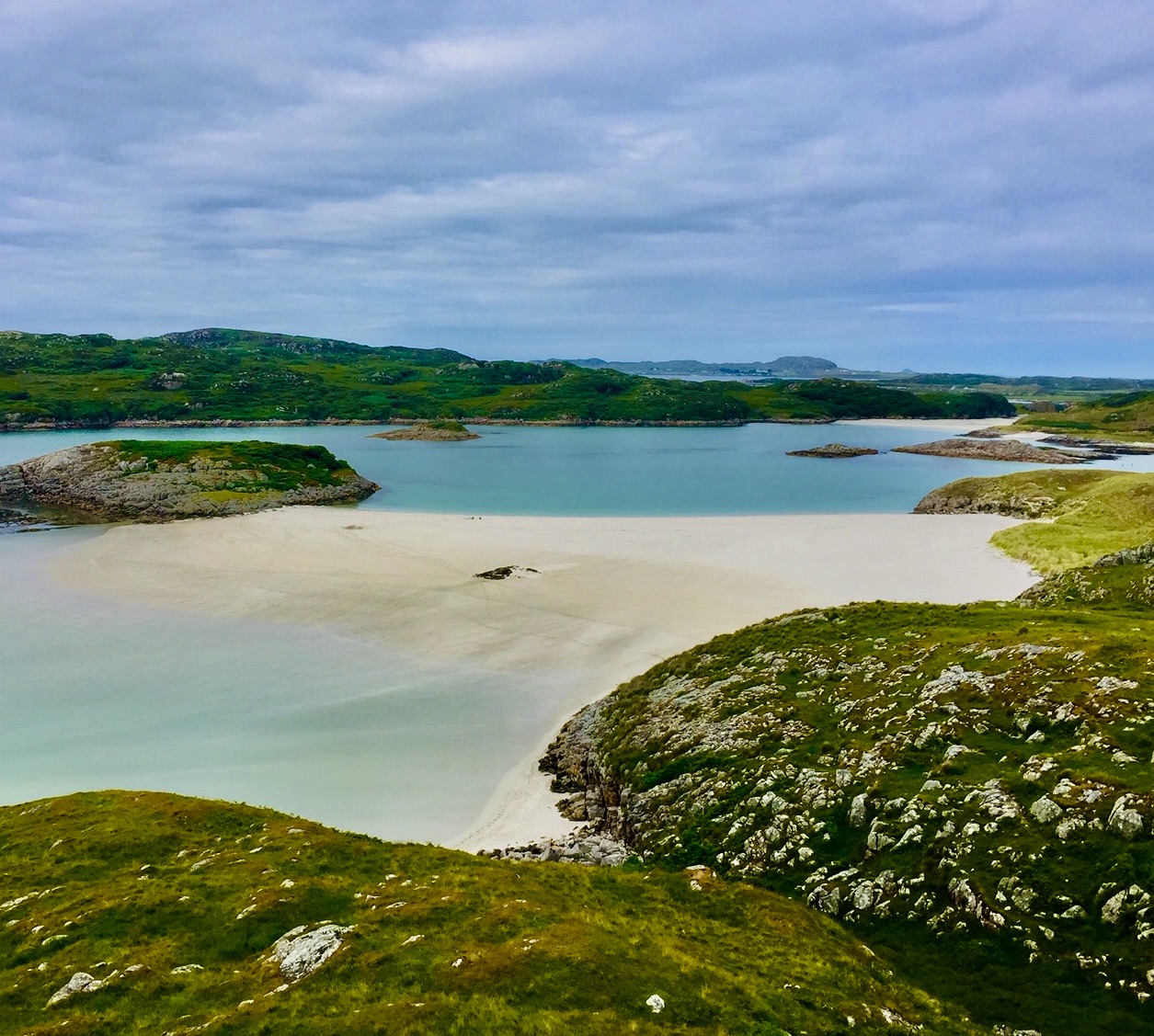
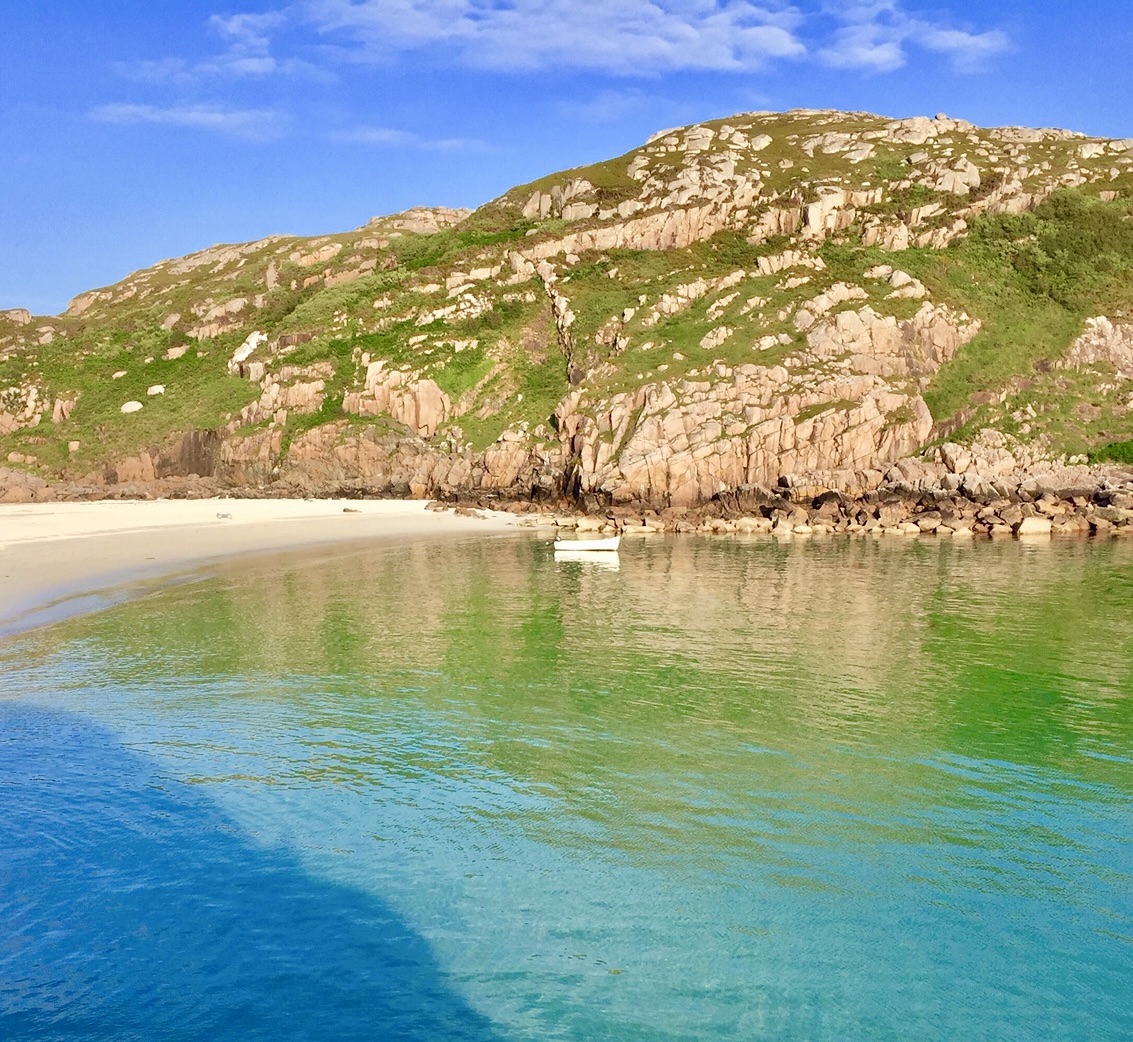
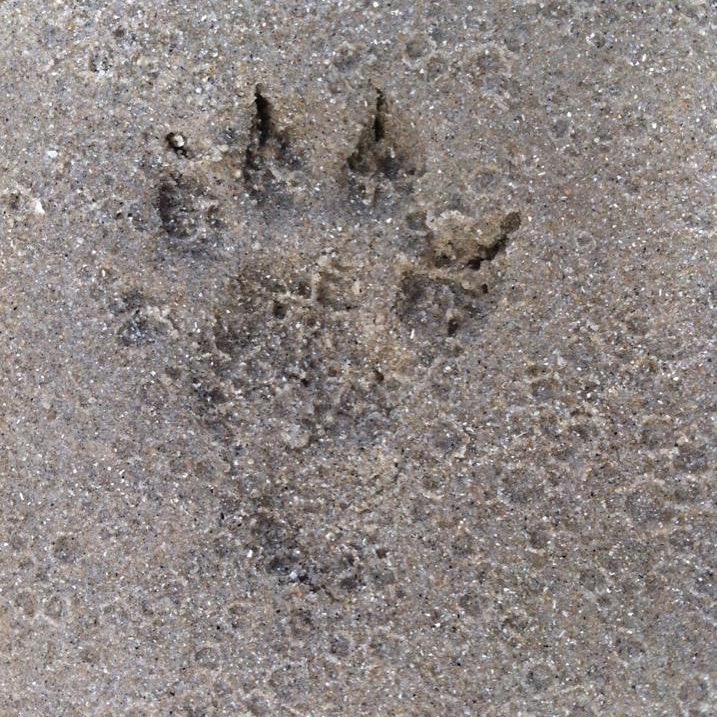
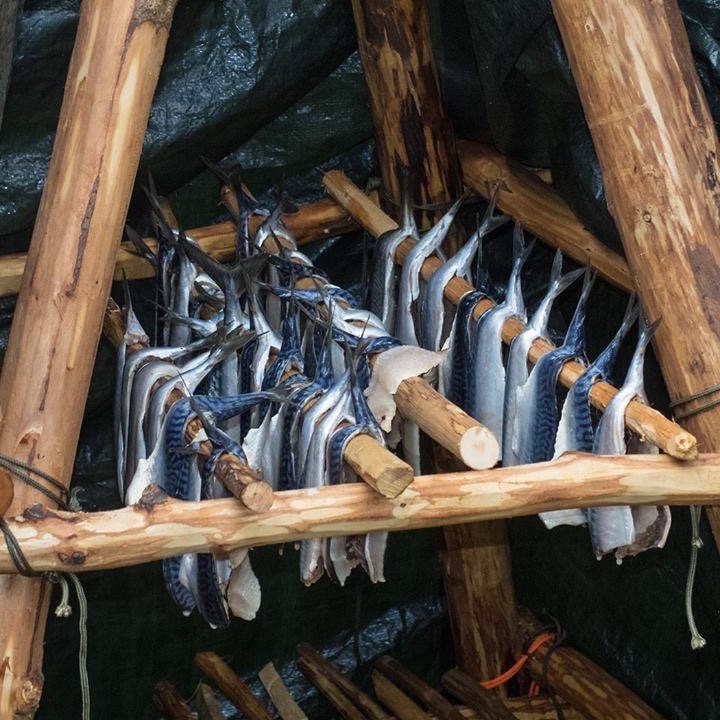
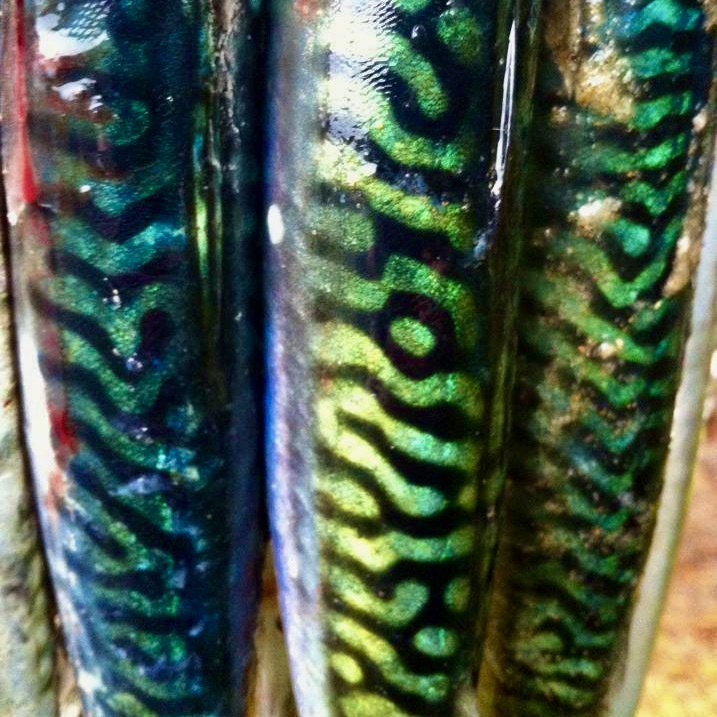
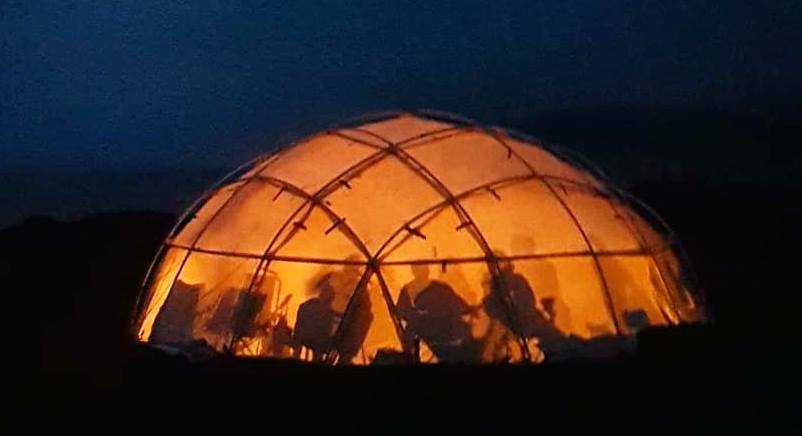
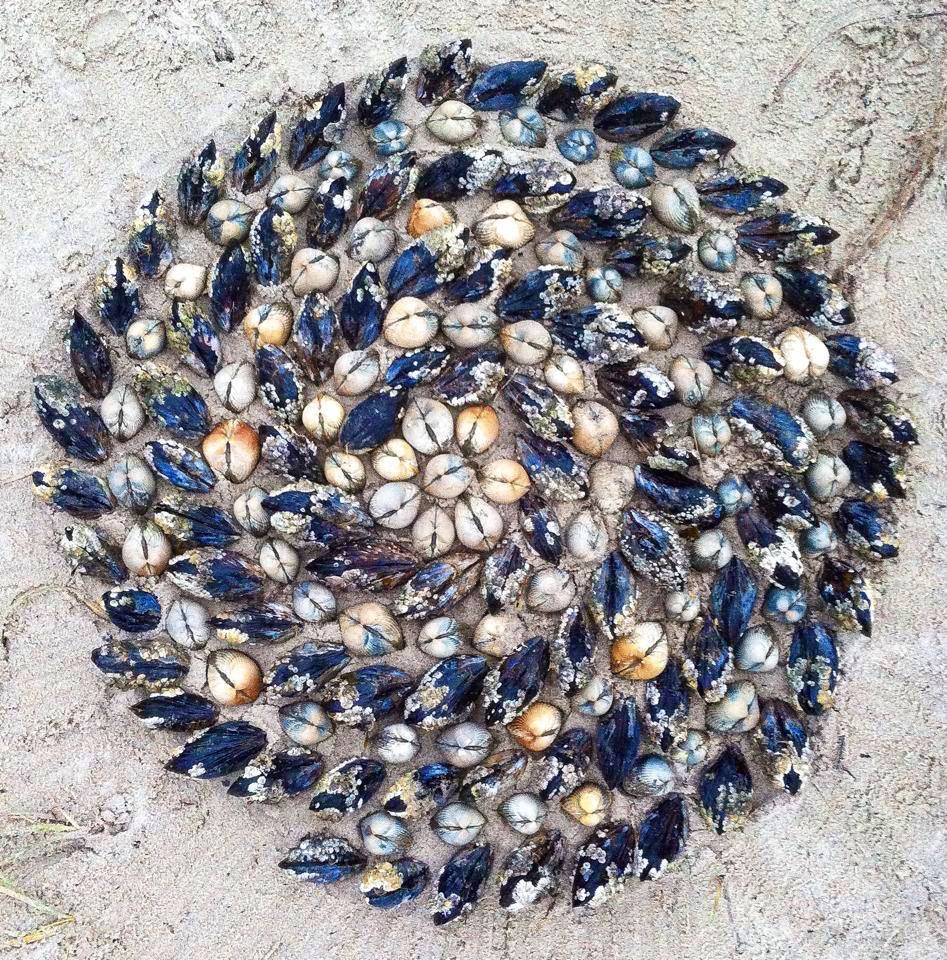
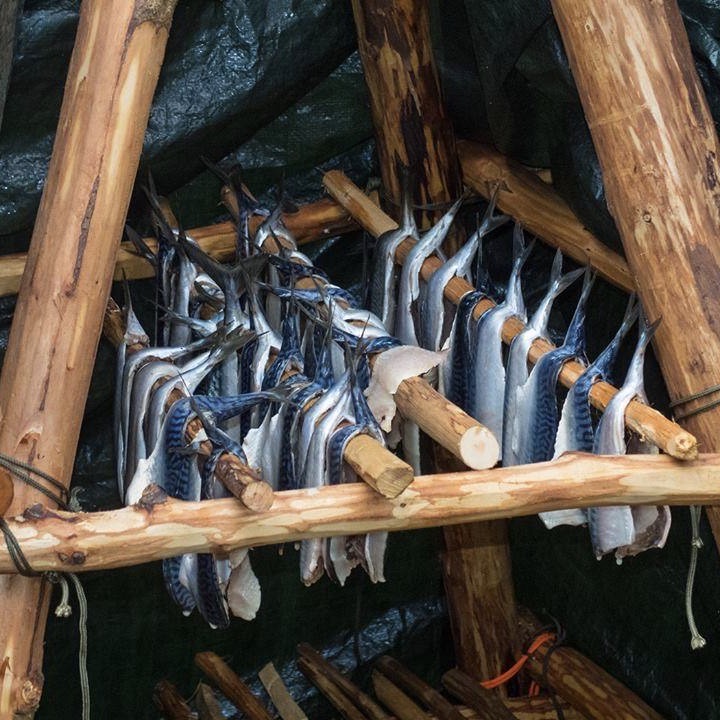
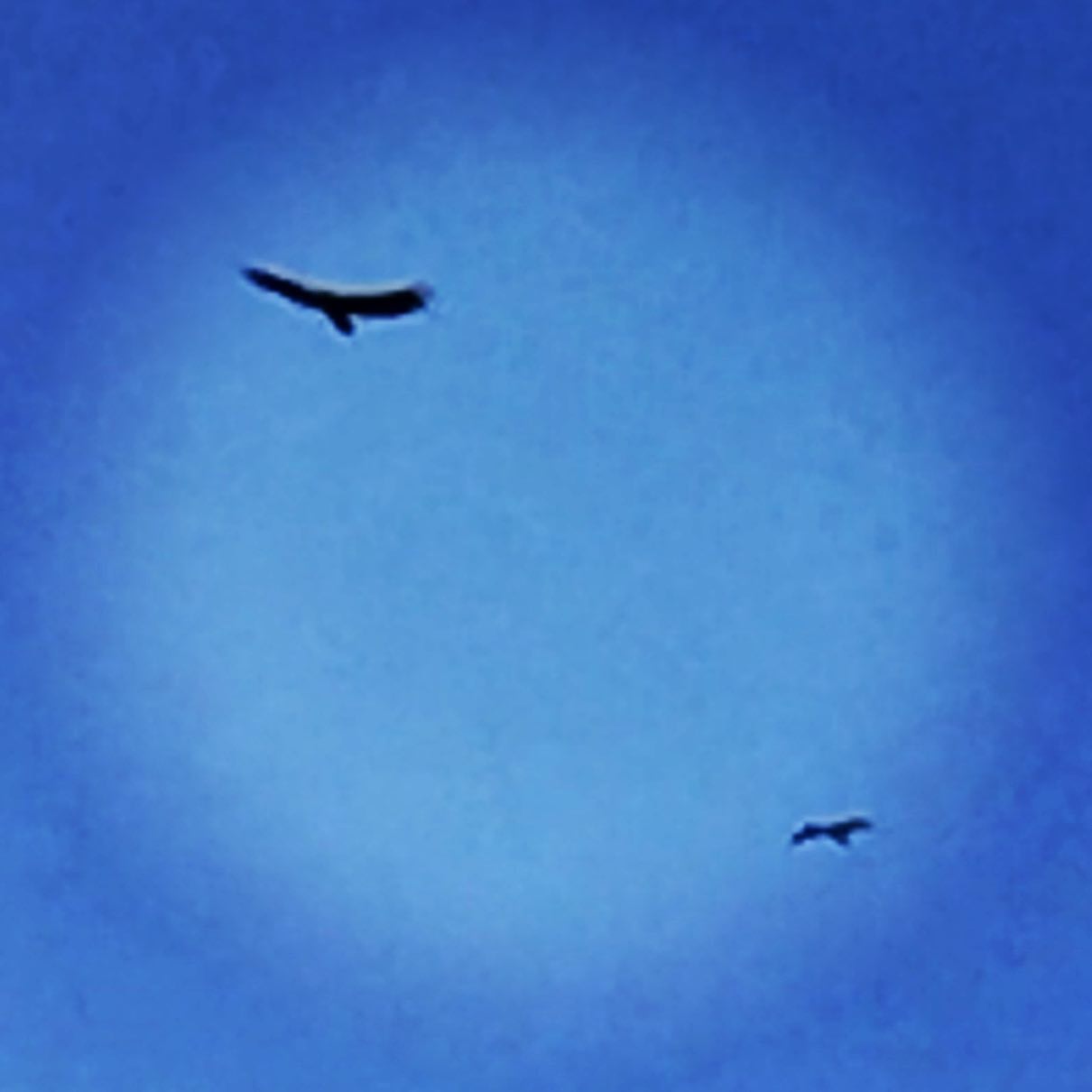

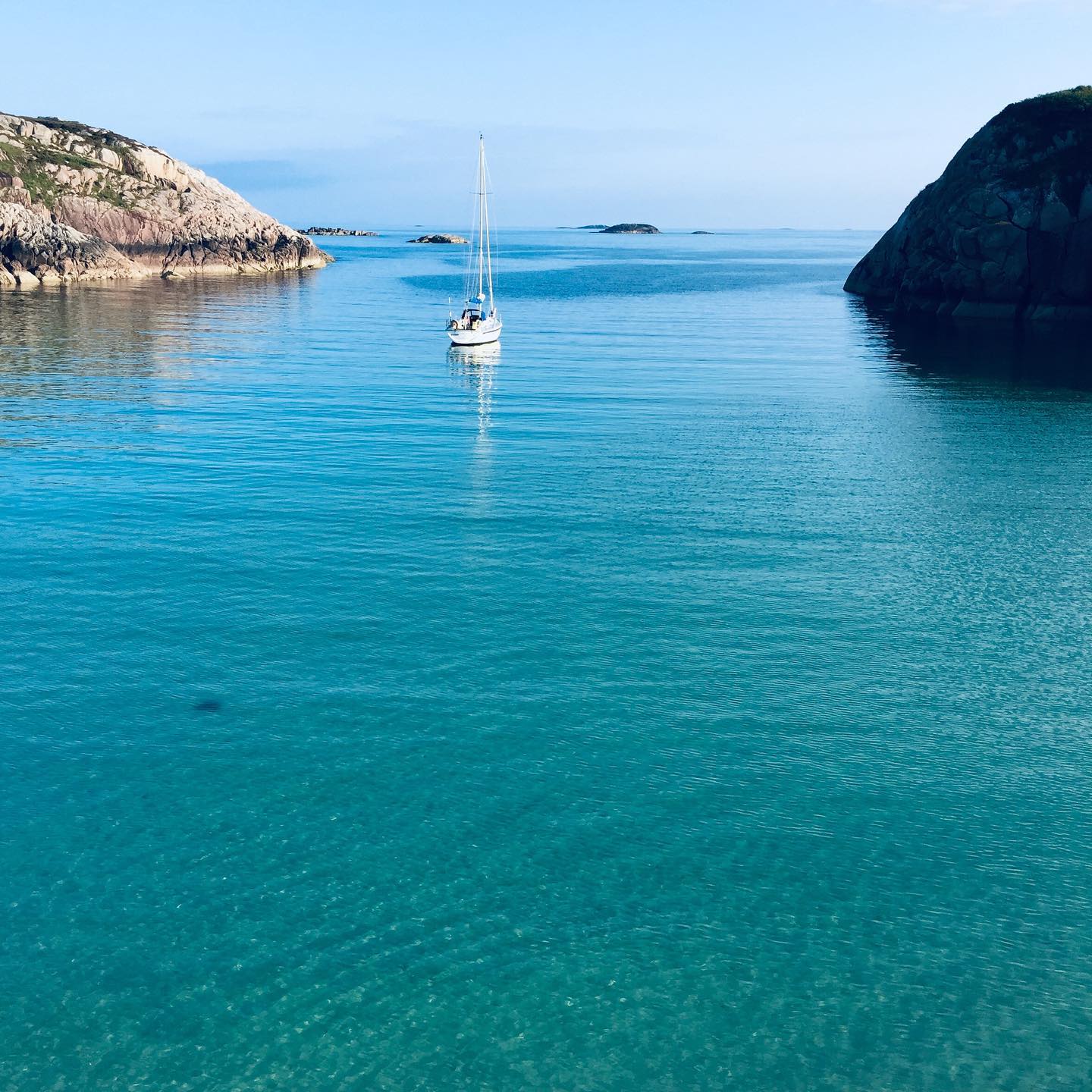
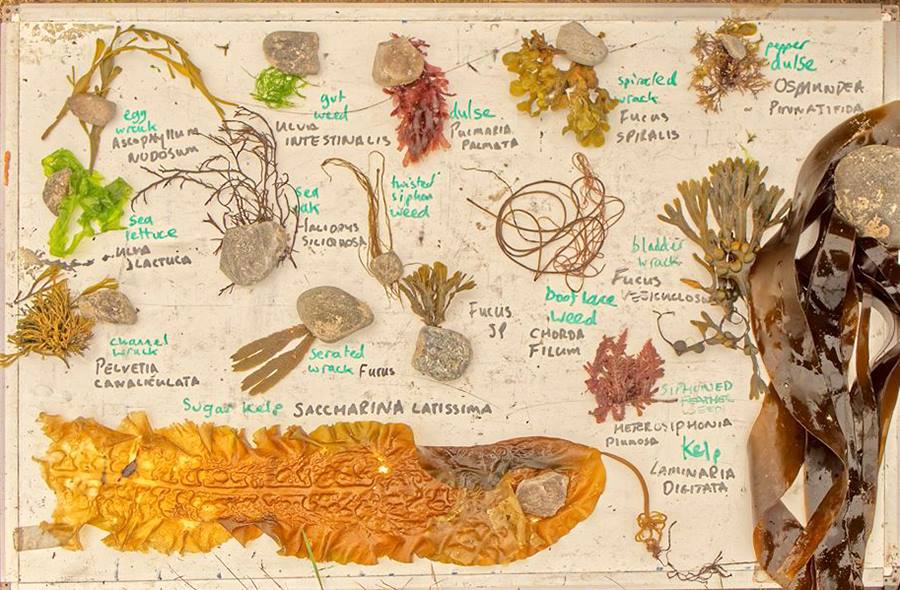
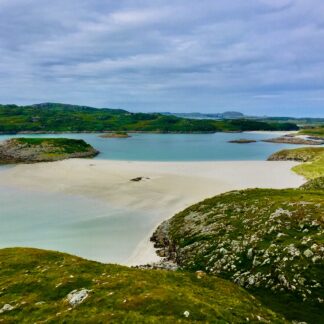
oli.barnes91 (verified owner) –
What an extraordinary experience! Myself and my partner booked on to this course to improve our coastal foraging skillset and it didn’t disappoint. The course was packed full of expertise from the Wild Human team and was nicely balanced with the opportunity to practice your new acquired skills. The location was stunning, waking up to views of the Atlantic and Mull’s archipelago. The food was delectable and plentiful. And, to top it all off, the people were fantastic. We cannot wait for our next wild human adventure.
JamieNeil (verified owner) –
This was a fantastic way to explore a tucked away corner of Mull. The Wild Human staff were great, and really made you feel welcome at the camp. The opportunity to forage shellfish and seaweeds, and fish (not that I had much luck!), was a unique experience to really engage with the landscape. The food prepared great, probably one of the few courses your going to leave better fed than when you went in! As my first experience with Wild Human, I can’t wait to get back along to another course sooner rather than later!
asnyder101 –
This was an amazing experience. Ben, Joe and Debs (the instructors) are incredibly knowledgeable. There is the opportunity to learn a huge amount about coastal foraging, seaweeds, shellfish, different fishing methods, and tracking (to name a few of the topics covered), and to put these skills into practice. The location is simply breathtaking, it felt a real privilege to spend a week camping, foraging, fishing and swimming in this spot. I can’t recommend this course highly enough.
Adam